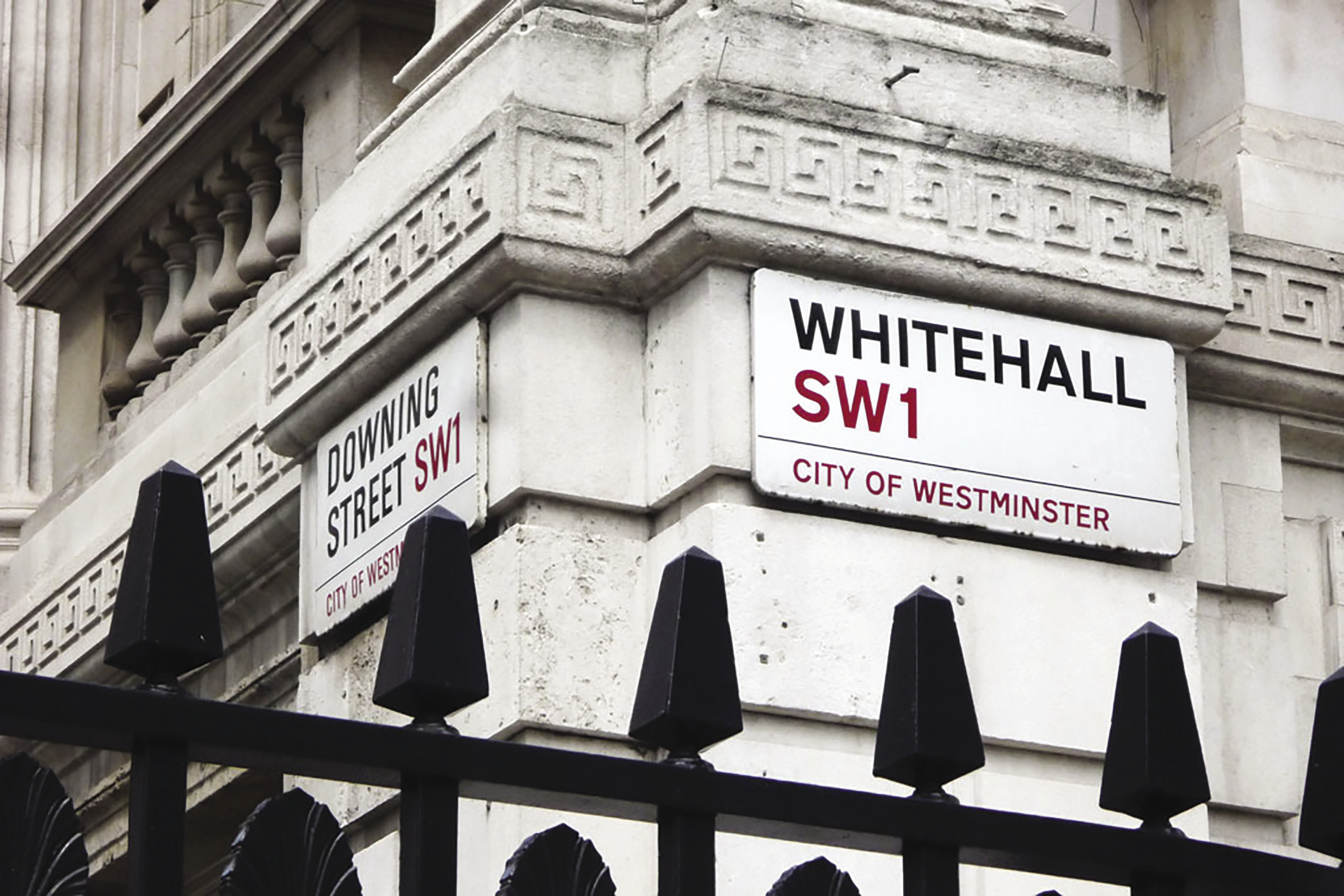
In his final update, Simon Parsons considers the development of proportionality as a ground for judicial review
- Has proportionality as a ground for judicial review overtaken irrationality?
- Judicial review remedies.
The two previous articles in this series covered the judicial review process in relation to executive action and the possible grounds to challenge the public law decisions taken by public bodies (see NLJ 8 March 2019, p18 and NLJ 15 March 2019, p17). The focus here is on the development of proportionality as a ground for judicial review and whether it has overtaken irrationality.
Proportionality
In Council of the Civil Service Union v Minister for the Civil Service [1985] AC 374 (the GCHQ case) the House of Lords held that a public body’s decision may only be quashed if it abused its power (illegality), or if it failed to observe the basic rules of natural justice or it failed to act with procedural fairness (procedural impropriety), or if the public body’s decision was so irrational or perverse that no reasonable body could have made it (Wednesbury unreasonableness











